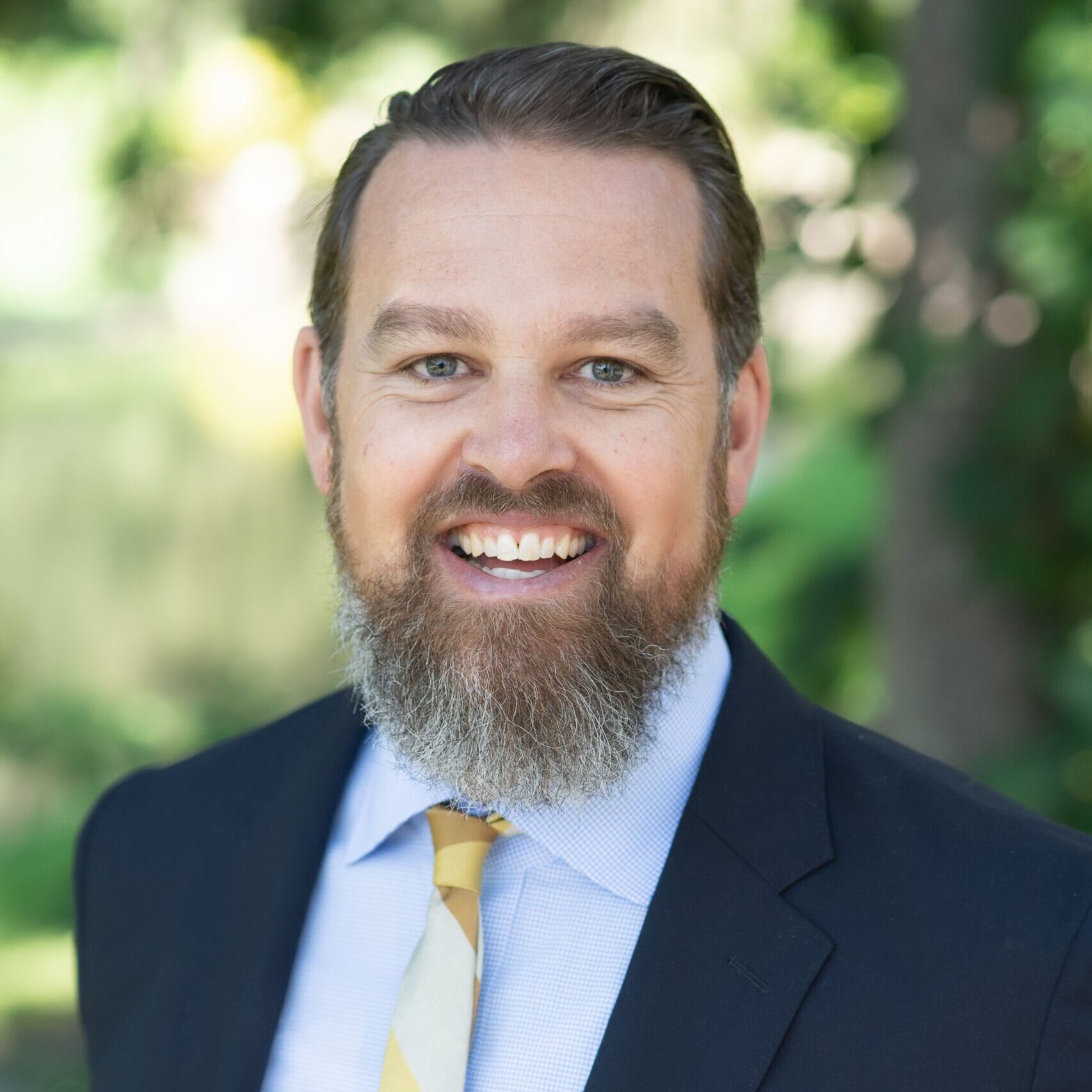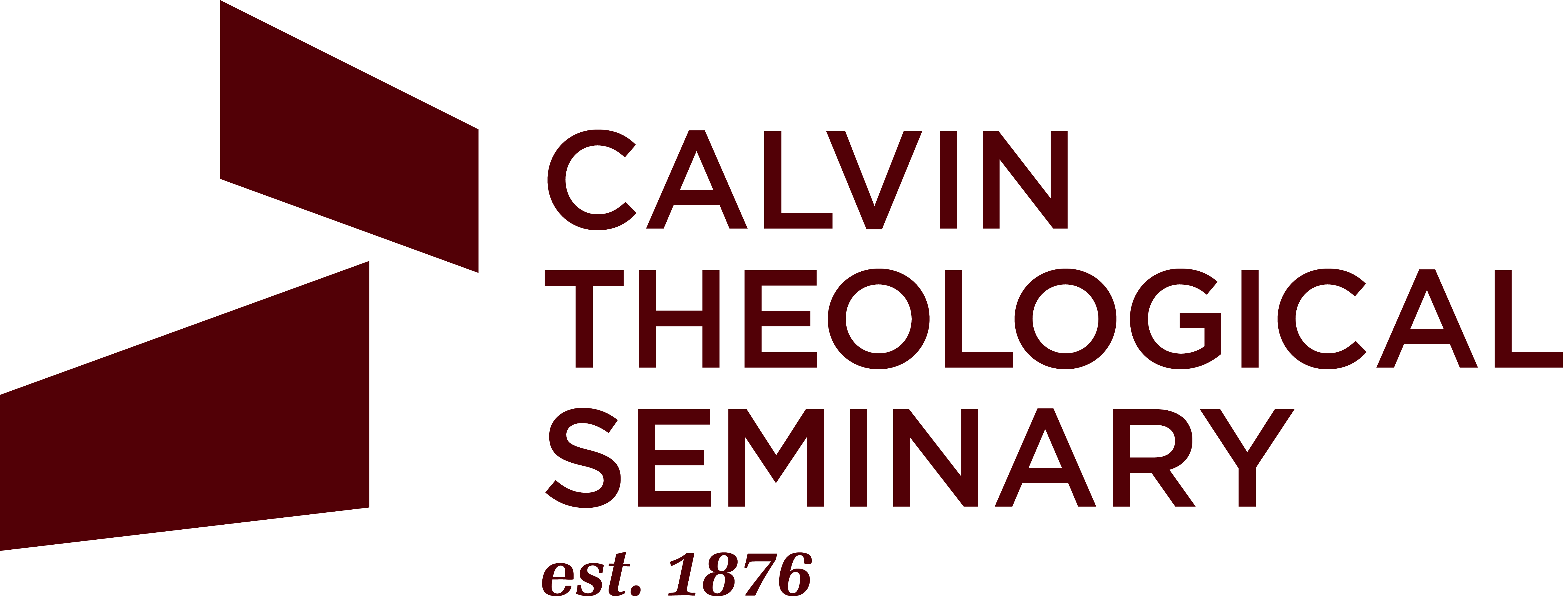Why on Earth Look to the Church for Help in Society?

Published by Cory Willson
Jake and Betsy Tuls Professor of Missiology, World Christianity, and Public Theology
The Turbulent Context of Ministry Today
In the wake of the pandemic, many churches are struggling because their rhythms of gathering and scattering have been disrupted, discipleship has become increasingly disembodied, and many people feel disconnected from or disenchanted with organized religion. While COVID-19 upended many of our social rhythms and wreaked havoc on the world, it did not create these issues as much as it exacerbated underlying problems. For example, the distrust of authority, especially in religious institutions and leaders, is nothing new in American society. Similarly, the political divisions in society did not begin during the pandemic. However, the pandemic did provide the environment for political and ideological battle lines to spread far and wide—dividing families, communities, and churches. Whatever “goodwill” in society the church used to rely on is now displaced by suspicion and even hostility. In such environments, why would anyone look to the church for help addressing society’s ills? What is needed to help churches meet these challenges?
A Silver Bullet?
Given the complexity and scale of these issues, it is naïve to think there are simple solutions or that any one community has all the answers. What is needed are Christians who creatively draw on their religious traditions to provide wisdom for discipleship and mission. I am grateful to be part of a community that is thinking deeply about what it means to be reformed in our world today. 1
I have an especially strong affinity for the Neo-Calvinist tradition and the efforts of those who flesh out this theological vision in our secular age. Missional Neo-Calvinism (as Michael Goheen and Craig Bartholomew call it) intentionally draws together the rich theological tradition of Abraham Kuyper and Herman Bavinck with the insights of missionary theologians like Lesslie Newbigin and J. H. Bavinck. 2 Here is my take on how five specific facets of Missional Neo-Calvinism equip congregations to engage in our current historical moment.
Missional Neo-Calvinism
Participating in God’s True Story of the World
Missional Neo-Calvinism provides a way of reading the big story of Scripture (creation, fall, redemption, consummation) as the true story of the world. 3 The significance of this is not only personal and spiritual but also public and corporate. This story communicates the truth about who God is and what his mission in this world entails. In turn, this shapes how we understand humans as responsible agents. This does not mean that our hope resides in humanity itself. God is the one who began and will bring this story to its appointed consummation. History is “his-story”, and Jesus is the hero, not us. But we are responsible agents, and our vocations, gifts, and passions find deeper meaning within the larger story of God’s mission. The congregation is where this story is rehearsed through the reading and preaching of Scripture, and this story is inhabited through participation in corporate worship.
Discipleship as a Dialogue of Love with Our Culture
Missional Neo-Calvinism gives special attention to how the gospel helps Christians engage their culture from a disposition of love, not fear. Instead of viewing the world as a battlefield, they begin with a commitment to the lordship of Jesus over every part of the world and his self-sacrificing love to redeem all things. Idols are real and powerful, but we must be discipled to see deeper into society’s disordered loves that find their only proper reordering in Christ. What is needed are disciples of Jesus who are willing to enter a “dialogue of love”4 with their culture so that the gospel redeems “all of life as it was meant to be lived according to God’s creational design from the very beginning.”5 The church is the community where disciples should be formed to carry out this sustained dialogue of love.
Neither Romanticizing nor Demonizing the Church or the World
In a culture filled with simplistic polarities and divisions, Missional Neo-Calvinism provides a more complicated perspective that resists false binaries that paint one side as “all good” and the other as “all bad”—God’s grace redeems and restores nature. Grace does not make us angelic beings; it frees us to be more fully human as God intended. This means that God’s saving grace is active within sinful Christians, and his common grace is active in the world, upholding fallen humanity and creation. Abraham Kuyper once commented that the world is often better than we expect it to be, and the church is sometimes worse than expected.6 For those hungering for absolutes and clear boundaries between “the good” and “the bad” or “the virtuous” and “the villains,” it is best to look elsewhere. Missional Neo-Calvinism provides resources to help us to neither romanticize nor demonize the church or the world. Beautiful and broken, both remain integral parts of God’s purposes.
Daily Work Is the Primary Witness of the Local Church
Missional Neo-Calvinism goes a step further and argues that the central place of discipleship is in the local congregation and that the primary context of formation is the daily work of Christians. As churches try to find new rhythms of worship and discipleship, they should see each congregant as a frontline worker in God’s mission in their various and scattered callings. Given the Neo-Calvinist emphasis on the priesthood of all believers, it stands to reason that the primary witness of each local church is not centered on the church property or its outreach ministries but rather on those diverse geographic locations where congregants spend their waking hours at work, home, and play. Sunday worship is the culmination of our week of work. In the sanctuary, the priesthood of believers offers God the worship of the world from their industries, trades, and businesses. Sermon podcasts and spiritual discipline apps are helpful, but if untethered by the local church, they reinforce the central value of individualism in our society.
Missionaries with Convicted Civility and Compassion
I am a student and fan of Richard Mouw. Every few weeks, I hear his voice in my head encouraging the next generation of Missional Neo-Calvinists to put away our swords and find another means of engaging culture. We need to trust that, in the long run, embodying grace and truth while practicing convicted civility and compassion will provide a more faithful witness to our Lord, who chose to drive out darkness with love and sacrifice, not with darkness and hatred. I have long been drawn to Mouw’s argument in his book, Uncommon Decency—some people are convicted but not civil, and others are civil but lack convictions, but we need convicted civility. He encouraged Christians to engage in the public square but warned against the church’s violent tendencies toward dominance and conquest. Mark Yarhouse recently referred to Mouw’s concept of convicted civility at a Calvin Theological Seminary gathering, suggesting that one more word be added: compassion. Yarhouse urged us to find practices that increase our capacity for convicted civility with compassion, especially towards those who oppose us.
How the Institute for Mission, Church, and Culture is Supporting Local Churches
I do not believe that missional Neo-Calvinism is a silver bullet that will meet all the church’s needs today. However, it does provide helpful theological insights that can equip congregations to disciple Christians for God’s mission in the world. Calvin Seminary’s Institute for Mission, Church, and Culture seeks to equip the local church through seminars and retreats, videos and written resources, and conferences. To learn more about the institute’s work and offerings, visit www.calvinseminary.edu/imcc/.
Cited Works
1 “What Does it Mean to Be Reformed?” The Forum (Winter 2024, Issue 33) https://calvinseminary.edu/forum/ (accessed 3/1/24).
2 Goheen and Bartholomew “Contours of Missional Neo-Calvinism,” All of Life Redeemed, May 2011, vol. 1 (I), (https:// missionworldview.com/wp-content/uploads/2020/06/ea8a85_acab5945b15140bcae1c310962857635.pdf). I find their term helpful in drawing out themes that I see in other theologians such as Richard Mouw, James K. A. Smith, and Cornelus van der Kooi—none of whom apply this label to themselves.
3 Michael Goheen and Craig Bartholomew, The True Story of the Whole World: Finding Your Place in the Biblical Drama (Faith Alive Christian Resources, 2009).
4 “Dialogue of love” comes from Jose Miguez Bonino and his description of the impact of John Mackay’s missionary work in Central and South America.
5 Al Wolters, “What is to be Done… Toward a Neocalvinist Agenda?” Comment Magazine (December 1, 2005) (https:// comment.org/what-is-to-be-done-toward-a-neocalvinist-agenda/). 6Kuyper, Common Grace (vol. 2), p. 10 (italics original).
Share
Visit Calvin Theological Seminary’s Campus
We can’t wait to host you on campus! Schedule your visit today, or, if you need more time to find a date that works for you, please request information so we can continue the conversation about supporting your calling!
